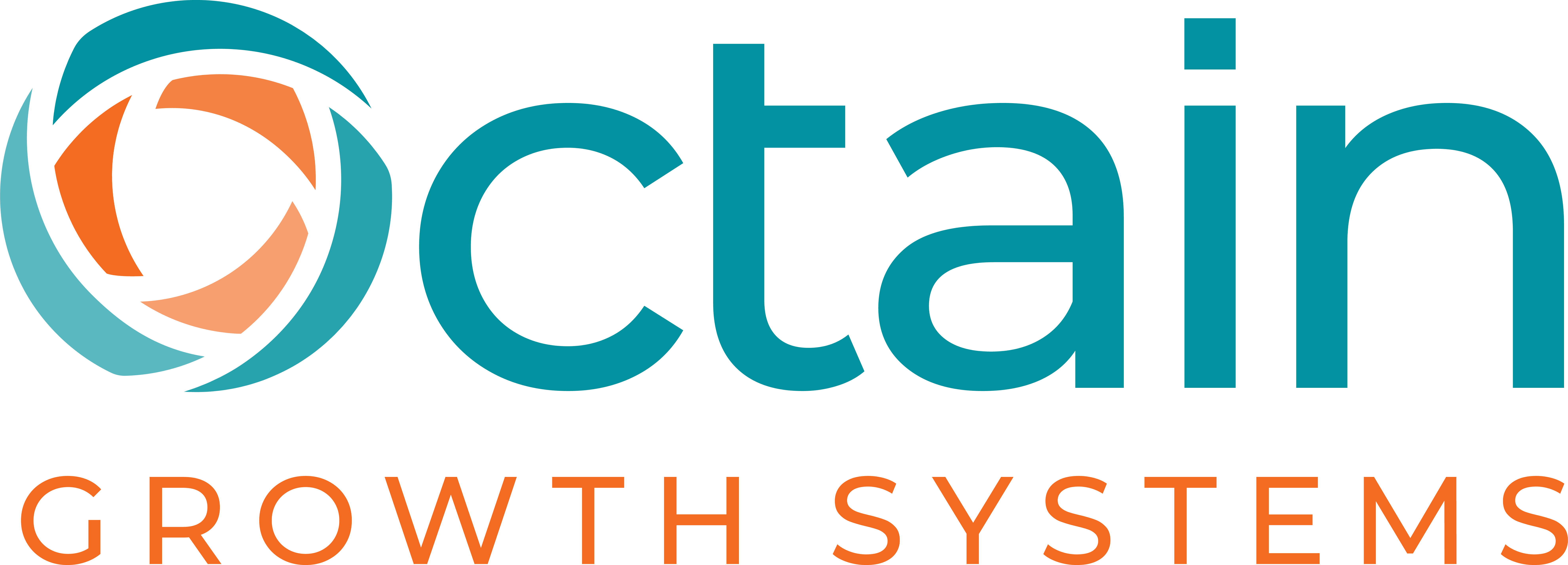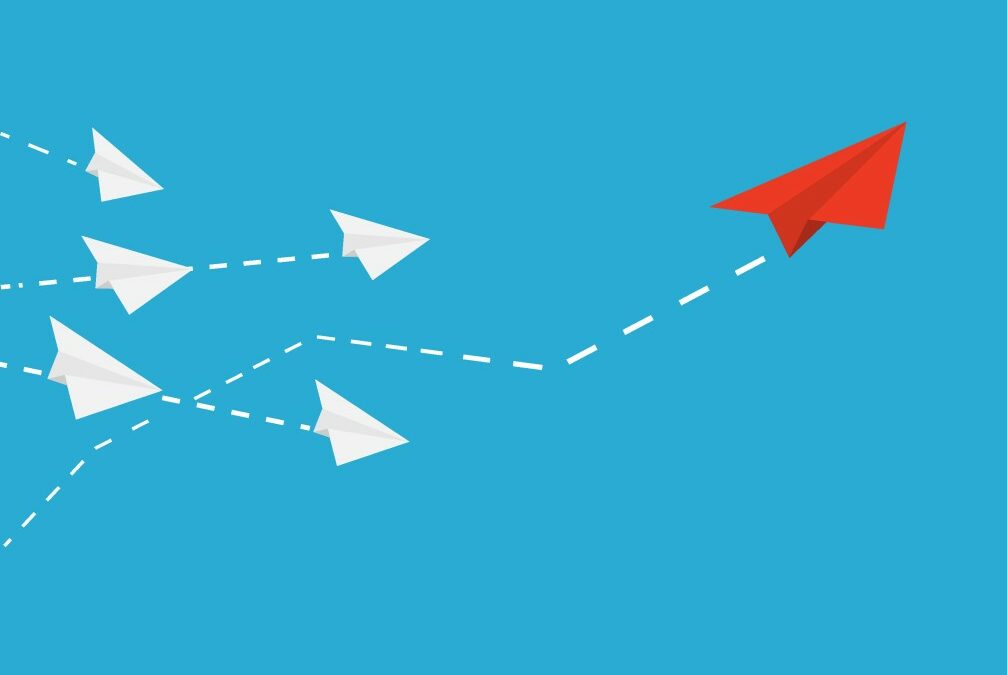Entrepreneurs are visionaries. We wake up every day thinking about how we can change the world. Companies like Instagram, DoorDash, Sierra Nevada Brewing Company and Clark Pacific have made that dream a reality by changing the game and, sometimes, the rules.
“Don’t be afraid to Fail Up. You can get eight things wrong before you get one right and still be successful,” advises Keith Yandell, chief business and legal officer of DoorDash.
“Don’t get too attached to your big dream. It’s easy to dream. It’s not so easy to get from where you are now to where you want to be,” cautions Shayne Sweeney, founding team of Instagram.
This was just a sample of the great advice from the front lines of industry disruption that attendees got to hear at the DCA Partners Success Series event held yesterday at the Northridge County Club in Sacramento.
The all-star panel that included Sweeney and Yandell also featured Paul Janicki, CFO of Sierra Nevada Brewing Co. and Don Clark, Co-CEO, Clark Pacific.
While all these companies are considered disruptors now, none started out to be. Only one, DoorDash, even had a model for that direction. Yandell had also spent time at Uber. What they offered at the DCA event were experiences and insights that can benefit entrepreneurs and business owners of every stage of growth and type of industry.
Disruption was the last thing on the minds of the team at Instagram when they started. “We were focused on leveraging technology to make beautiful moments,” Sweeney noted.
But they realized that they had a tiger by the tail when celebrities started becoming heavy Instagram users. The team had to adjust their thinking and learn how to manage explosive growth. Instagram became a disruptor because they changed customer behavior from taking pictures to sharing them. Making it easier and fun to do something new with something users already had, digital pictures, took the company from start up to acquisition by Facebook in 2012 for $1 billion.
DoorDash had Grubhub to thank for its role in disrupting the restaurant service industry. According to Yandell, Grubhub was focusing on the ordering experience leaving their restaurant customers to figure out how to get the food to their buyers. That “blind spot” created the opportunity for DoorDash which Yandell called a blend of “good decisions and happy accidents.”
For Sierra Nevada, it was all about making a better beer. Founder Ken Grossman wanted a beer that was better than the big brand beers of the day like Millers and Budweiser. In 1980, his Sierra Nevada Brewing Co. brewed its first batch of what is now its most popular beer, Sierra Nevada Pale Ale, in an old warehouse with a patchwork of pumps and tanks.
Though Sierra Nevada practically created the craft brew industry, Janicki notes the company culture, driven by founder Ken Grossman, is to stay hungry and innovative to continually keep the customer experience fresh.
Clark Pacific had a unique challenge in becoming a disruptor in the commercial construction industry, known more for being stodgy than innovative. But when Clark Pacific bid and, somewhat to their own internal surprise, won the project to build Apple’s futuristic headquarters, known to locals as the spaceship, Co-CEO Clark said they had to innovate both because of the size of the project and the challenges of the 2008 recession.
To stay a disruptor in the staid commercial construction industry, the company continually thinks about reinvention. “We create plans for change. We have had Clark Pacific 2.0; Clark Pacific 3.0 and now Clark Pacific 4.0,” Clark says. A key part of 4.0 was to prioritize and productize their approach, focusing on products rather than projects.
As the panel shared their journeys as disruptors, they offered memorable takeaways and insights to empower entrepreneurs, innovators and potential industry disruptors across the Sacramento region.
Advice like:
“We try to get 1% better every day. That 1% compounds into big success over time,” Yandell.
“Focus. There are many things that you can do, but what should you really do? Once we have focus, we have incredible power,” Janicki.
“We love what we do. And we are ready to shift for the big opportunity,” Clark.
“Sometimes you have to be obsessive and only think about what is best for the customer,” Janicki.
“You have to believe in your own perspective. Don’t care what other people think,” Yandell.
Want to learn more about becoming an industry disrupter? Book a discovery call today!

